What is the gender housing gap?
Time it takes to get on to the property ladder differs depending on whether you’re male or female
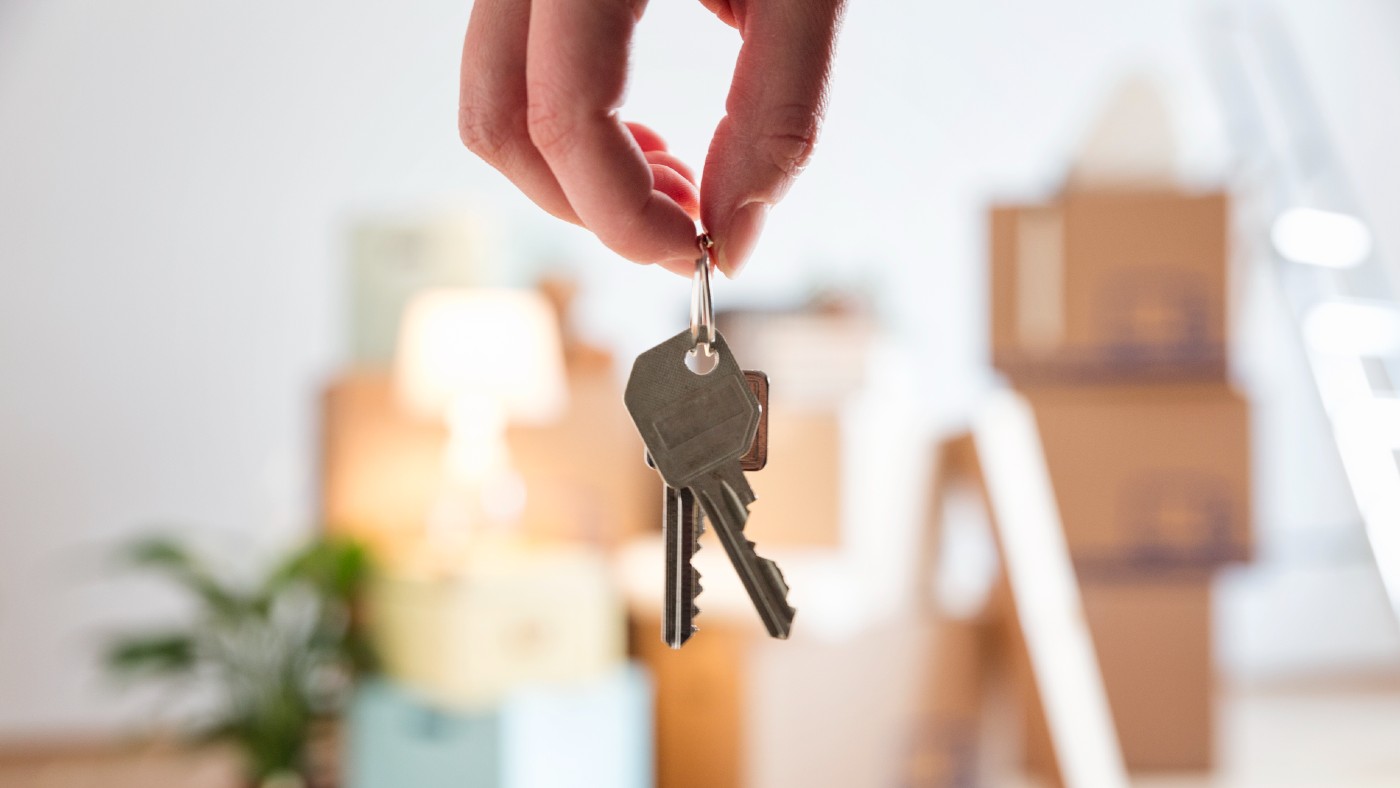
A free daily email with the biggest news stories of the day – and the best features from TheWeek.com
You are now subscribed
Your newsletter sign-up was successful
Most people have heard of the gender pay gap but far less attention is given to the gender housing gap, despite it being a growing issue affecting both renters and prospective homeowners.
Research by the property platform Boomin published earlier this year found there to be a gender house price affordability gap of 3.7 years across the UK. In other words it takes women “on average 3.7 years longer to get on the property ladder than their male counterparts”, explained The Times.
The income gap
Boomin’s research compared average house prices based on current market values with the average gross annual income of male homebuyers (£38,061) and female homebuyers (£27,120) in the UK.
The Week
Escape your echo chamber. Get the facts behind the news, plus analysis from multiple perspectives.

Sign up for The Week's Free Newsletters
From our morning news briefing to a weekly Good News Newsletter, get the best of The Week delivered directly to your inbox.
From our morning news briefing to a weekly Good News Newsletter, get the best of The Week delivered directly to your inbox.
The study found that the average British male requires 7.3 times their annual salary to cover the current average property price of £278,120, whereas the average British female requires 11.1 times her average annual income for the same property cost.
The researchers concluded that it takes the average British woman almost four years (3.7 years) longer than her male homebuying counterpart to earn enough to purchase a property of the same price.
Gap differs across the UK
The study found the gender housing gap differs across the country and is particularly stark in the capital. The London borough of Kensington and Chelsea was revealed to be the worst area of the UK property market to be a woman, with a gender house price affordability gap of 23.9 years.
Rother in East Sussex, Mole Valley in Surrey and Rutland in the East Midlands were all in the four worst places in the UK to be a female homebuyer.
A free daily email with the biggest news stories of the day – and the best features from TheWeek.com
Inverclyde, near Glasgow, where the average house price is £123,884, has the smallest gap: it would take a woman just half a year longer to purchase an averagely priced house in this area than her male counterpart.
Issue for renters too
Studies show that the gender housing gap exists in the rental sector too, with women generally spending a higher proportion of their salaries on housing costs than men.
In January, the property website Spareroom.com surveyed 11,130 users to understand how much of their income they were spending on rent. The study found that “almost one in five women (19.5%) spend more than half of their take home pay on rent, compared to 14.4% of men”, reported Vicky Spratt, the i news site’s housing correspondent.
And with the average monthly price of rent in the UK increasing “by 2% in the 12 months to January 2022, compared to 1.8% the previous year”, this gender housing gap looks likely to widen even further.
“Renting, never mind buying a home, is unattainable for many women, particularly disabled women or women of colour, who have even lower average earnings,” Dr Sara Reis, deputy director and head of research at the Women’s Budget Group, told Spratt.
Particularly affects young women
“Unsurprisingly”, the research by SpareRoom also revealed that “almost 60% of the women struggling the most are in their 20s”, said Spratt in a piece for Refinery29.
“This final point is crucial,” she added. Your 20s are supposed to be when “you figure out your friendships, your career and your romantic relationships”, but “what happens to your financial wellbeing during these developmental years is just as significant”.
And this problem is not limited to the UK property market. A study by the US real estate search engine Zillow in March found that 18% of America’s housing market is affordable to men but out of reach to women due to the US gender pay gap.
“Owning a home represents the dominant form of wealth building for most Americans,” said Zillow economist Nicole Bachaud in an article published on Yahoo Finance. “Not only are women starting from behind, but they’re falling even further behind with each passing day as homes build equity.”
Kate Samuelson is The Week's former newsletter editor. She was also a regular guest on award-winning podcast The Week Unwrapped. Kate's career as a journalist began on the MailOnline graduate training scheme, which involved stints as a reporter at the South West News Service's office in Cambridge and the Liverpool Echo. She moved from MailOnline to Time magazine's satellite office in London, where she covered current affairs and culture for both the print mag and website. Before joining The Week, Kate worked at ActionAid UK, where she led the planning and delivery of all content gathering trips, from Bangladesh to Brazil. She is passionate about women's rights and using her skills as a journalist to highlight underrepresented communities. Alongside her staff roles, Kate has written for various magazines and newspapers including Stylist, Metro.co.uk, The Guardian and the i news site. She is also the founder and editor of Cheapskate London, an award-winning weekly newsletter that curates the best free events with the aim of making the capital more accessible.
-
 At least 8 dead in California’s deadliest avalanche
At least 8 dead in California’s deadliest avalancheSpeed Read The avalanche near Lake Tahoe was the deadliest in modern California history and the worst in the US since 1981
-
 Political cartoons for February 19
Political cartoons for February 19Cartoons Thursday’s political cartoons include a suspicious package, a piece of the cake, and more
-
 The Gallivant: style and charm steps from Camber Sands
The Gallivant: style and charm steps from Camber SandsThe Week Recommends Nestled behind the dunes, this luxury hotel is a great place to hunker down and get cosy
-
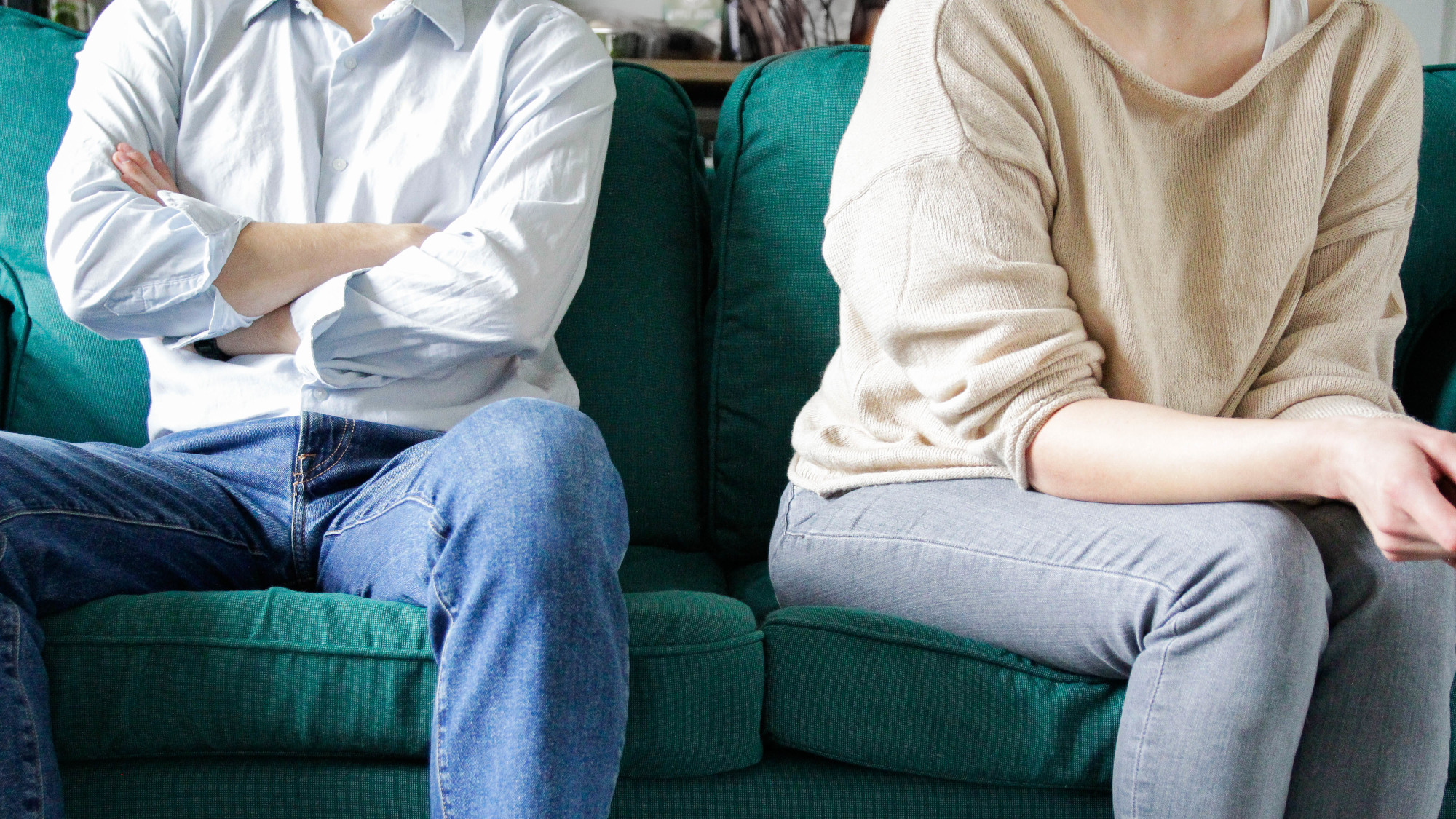 'Mankeeping': Why women are fed up
'Mankeeping': Why women are fed upFeature Women no longer want to take on the full emotional and social needs of their partners
-
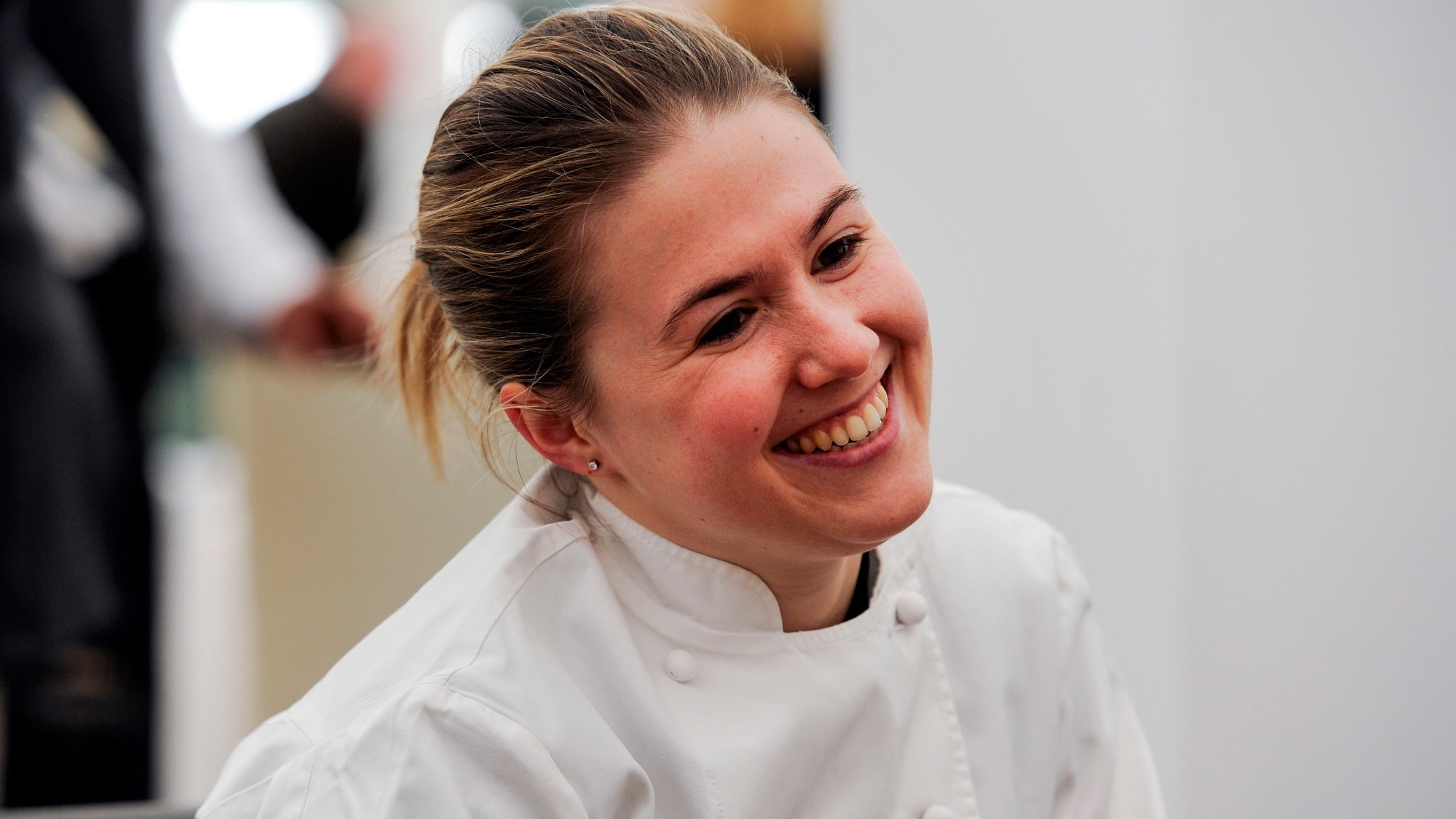 Why do so few female chefs have Michelin stars?
Why do so few female chefs have Michelin stars?In The Spotlight Sexism, harassment and work-life balance blamed as only one female chef is honoured in this year's UK awards
-
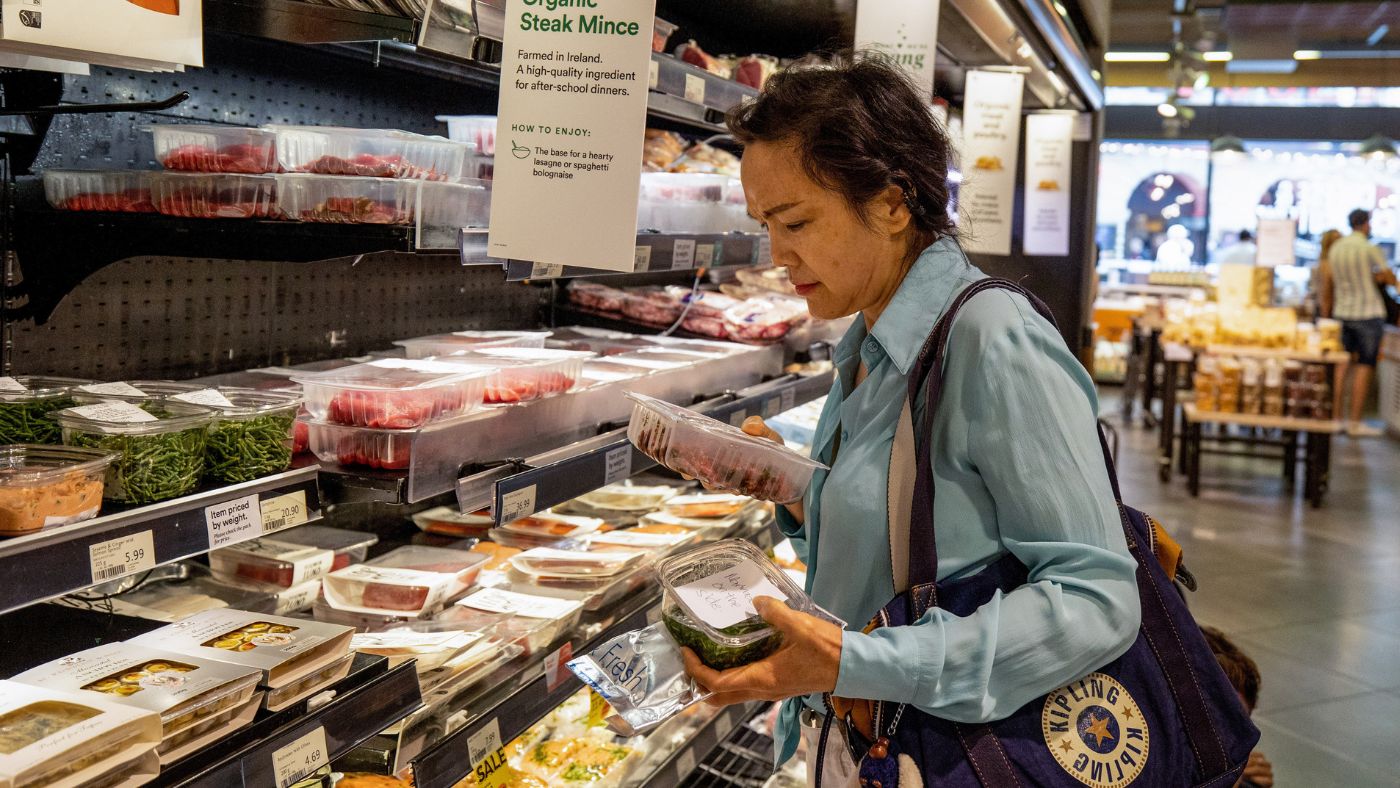 Price of pasta doubles: what food is getting more expensive in UK?
Price of pasta doubles: what food is getting more expensive in UK?feature New data shows skyrocketing inflation in the cost of certain supermarket staples
-
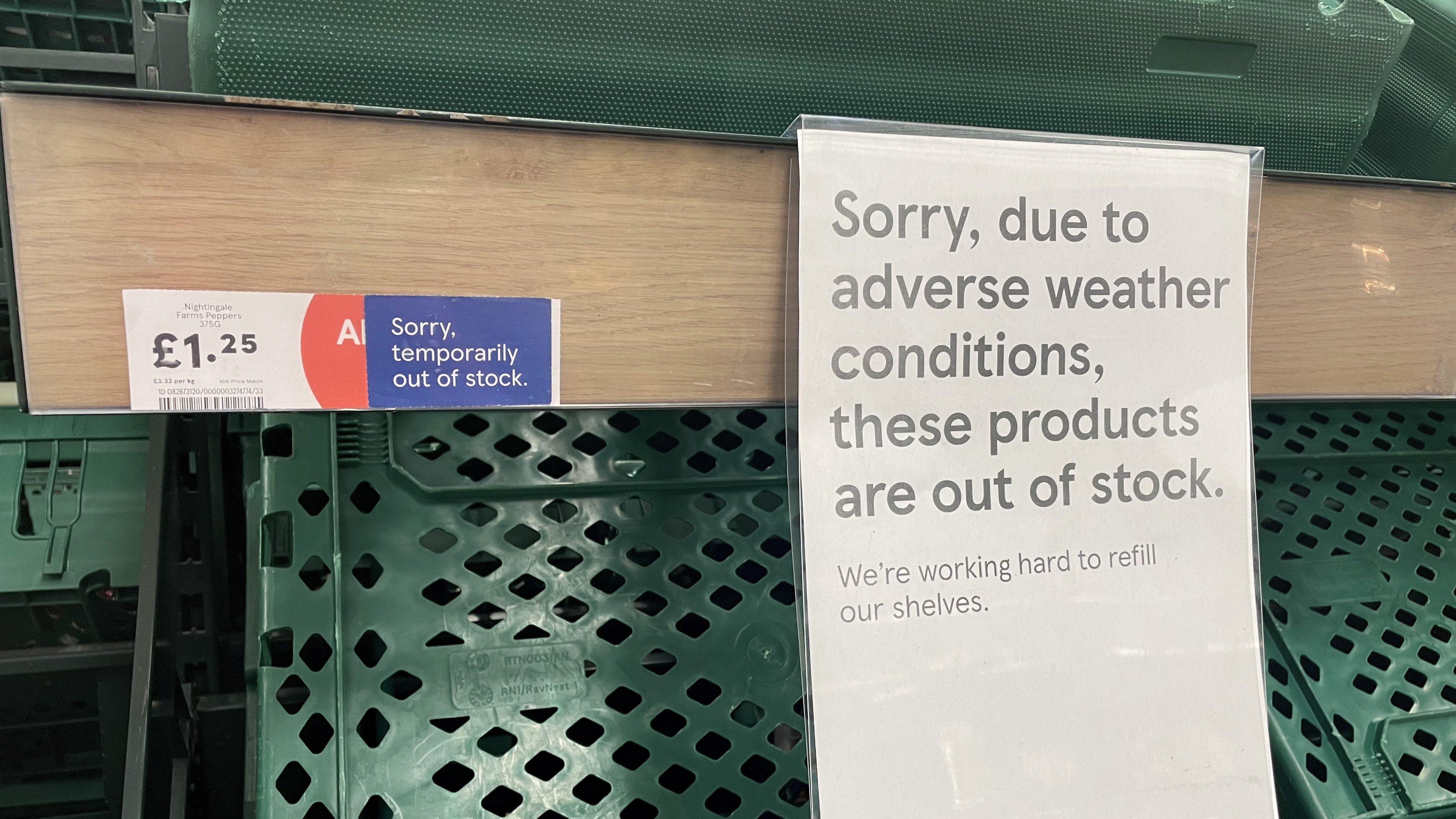 The great British food shortage: what’s causing empty supermarket shelves?
The great British food shortage: what’s causing empty supermarket shelves?feature Unseasonal weather, transport issues and energy prices are leading to rationing of fresh produce in UK stores
-
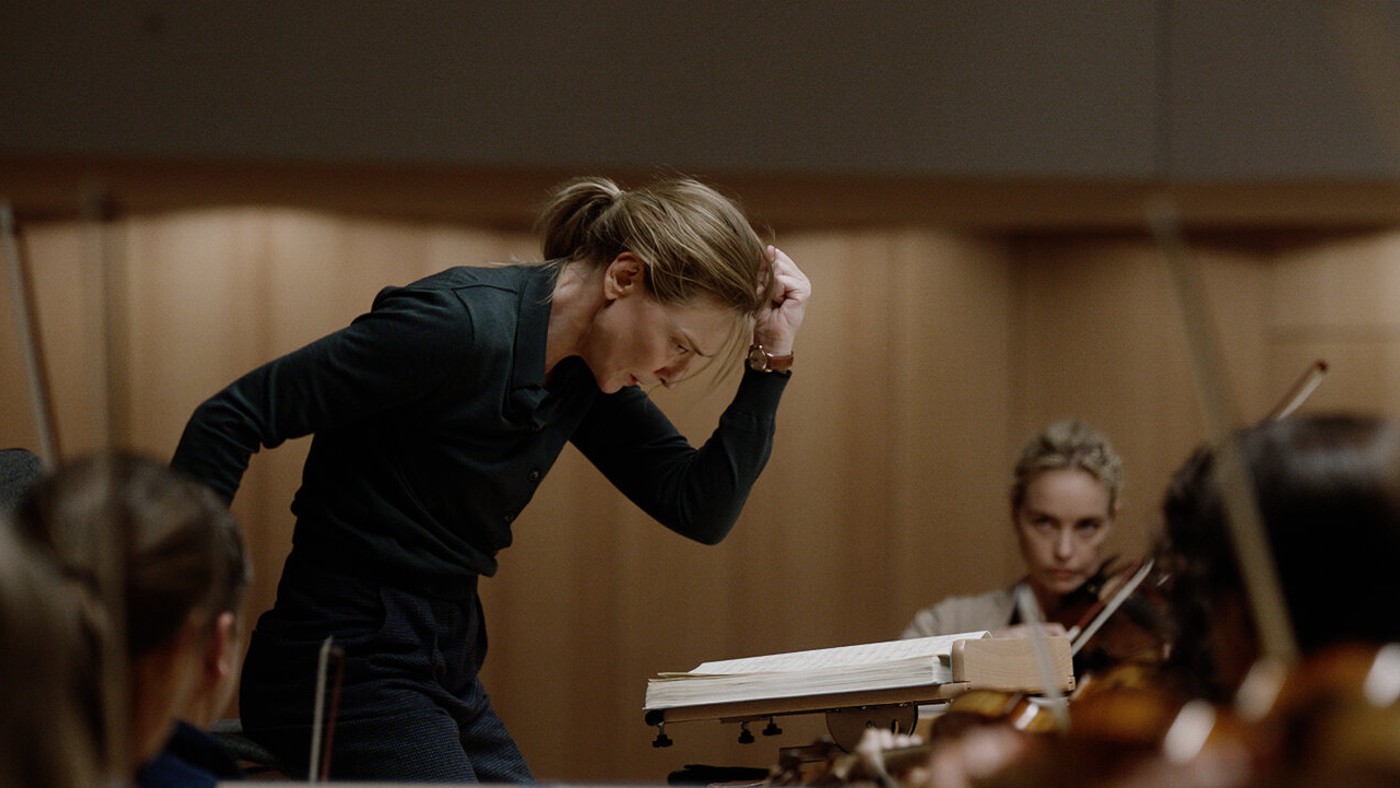 What is misophonia?
What is misophonia?feature New Cate Blanchett film Tár has drawn attention to the little-known but debilitating neurological condition
-
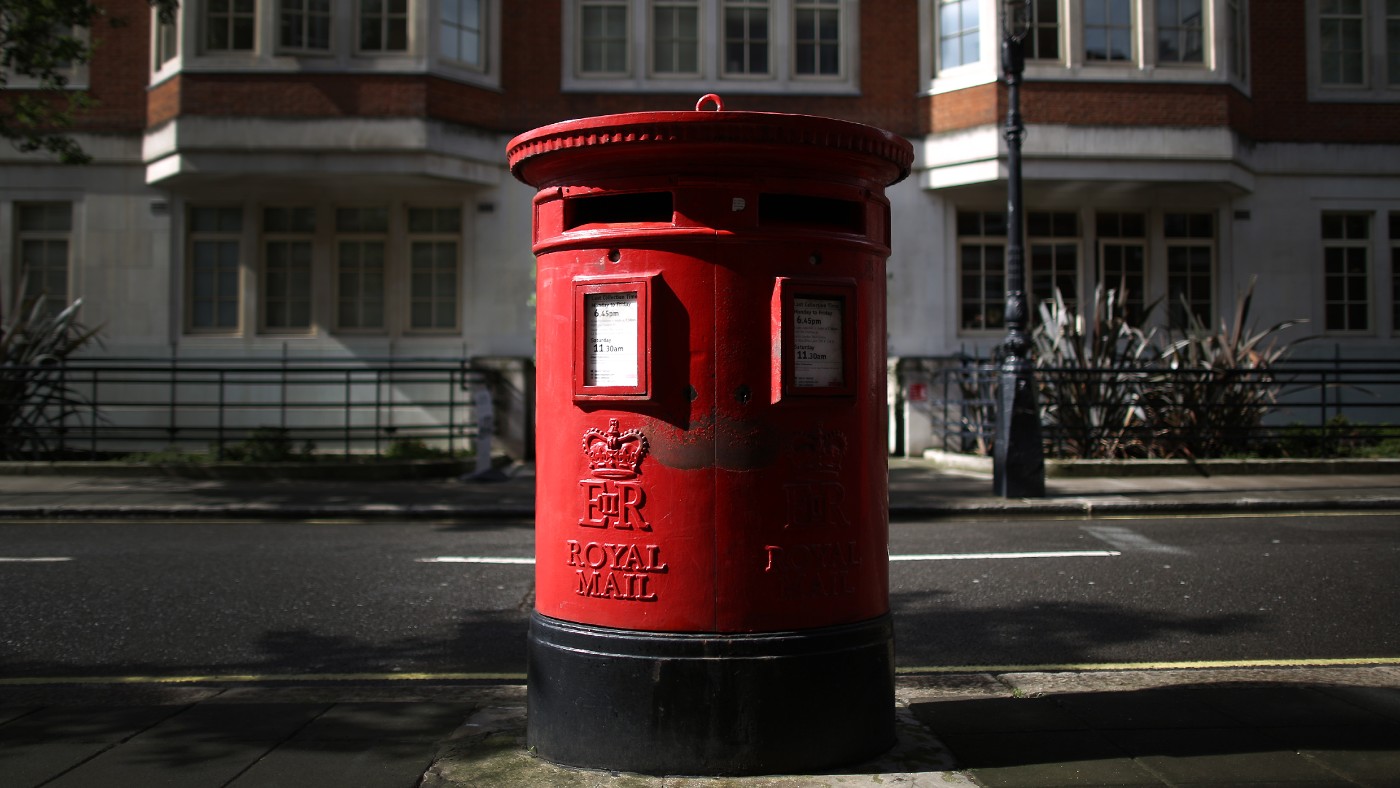 How advent of King Charles will affect coins, stamps and etiquette
How advent of King Charles will affect coins, stamps and etiquettefeature Many everyday items and traditions will be different under the new monarch
-
 What is aphasia – and what does diagnosis mean for Bruce Willis?
What is aphasia – and what does diagnosis mean for Bruce Willis?feature Film star ‘stepping away’ from acting due to brain condition that affects ability to communicate
-
 5G and planes: the risk to flying examined
5G and planes: the risk to flying examinedfeature Airlines bosses say roll-out of 5G services near US airports risks flights “chaos”